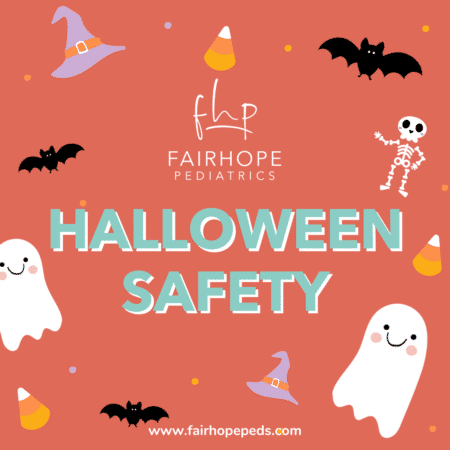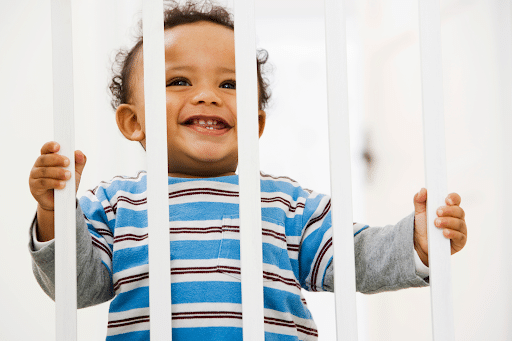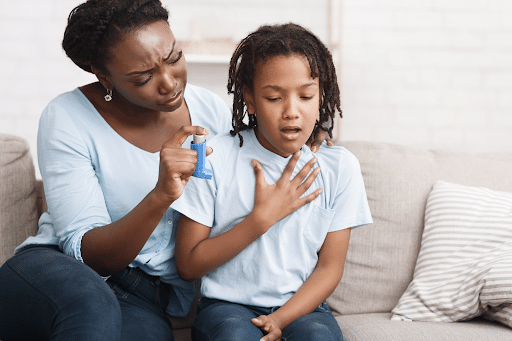Understanding Autism: Autism Awareness Month
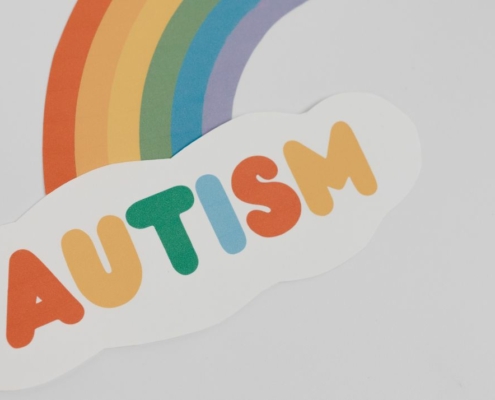
April is Autism Awareness Month, a time dedicated to raising awareness, promoting acceptance, and celebrating the unique strengths and abilities of individuals on the autism spectrum. As your pediatrician’s office, we recognize the importance of understanding autism spectrum disorder (ASD) and providing support to families navigating this journey.

What is Autism Spectrum Disorder?
Autism spectrum disorder is a neurodevelopmental condition that affects communication, social interaction, and behavior. It is characterized by a wide range of symptoms and challenges, leading to the term “spectrum.” While each individual with autism is unique, common traits may include difficulties in social interaction, repetitive behaviors, sensory sensitivities, and challenges with verbal and nonverbal communication.
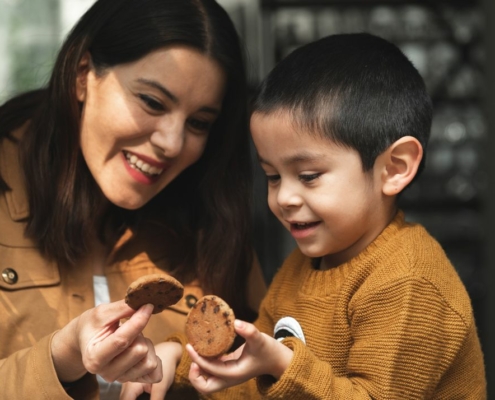
Early Signs and Screening:
Early detection and intervention are critical for children with autism. As pediatricians, we are trained to recognize the early signs of ASD and conduct developmental screenings as part of routine well-child visits. Some early signs of autism may include:
- Delayed speech or language development
- Lack of eye contact or social smiling
- Repetitive behaviors, such as hand-flapping or spinning objects
- Sensory sensitivities, such as aversion to certain textures or sounds
If you have concerns about your child’s development or notice any red flags for autism, we encourage you to reach out to our office. We are here to listen, provide guidance, and offer support every step of the way. Early intervention services, such as speech therapy, occupational therapy, and behavioral interventions, can make a significant difference in your child’s development and quality of life.
Make sure your child is up to date on ASD screening. Call us at 251-928-5568, or send us a message on your patient portal.

Autism Awareness Month is not only about raising awareness but also promoting acceptance and inclusion in our communities. We encourage you to learn more about autism, celebrate the strengths of individuals on the spectrum, and advocate for inclusive environments where all children feel valued and supported.







